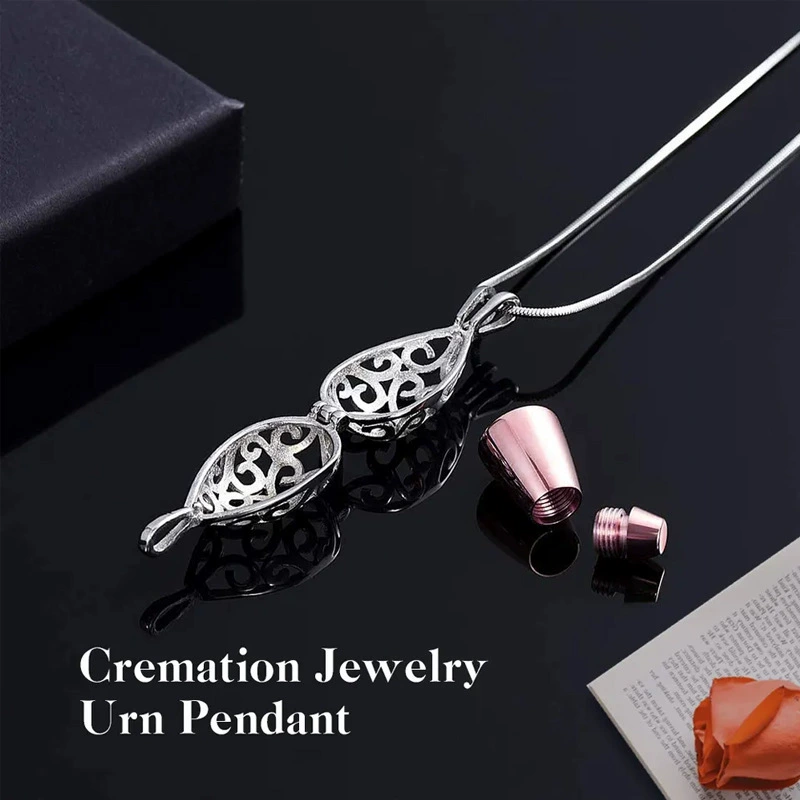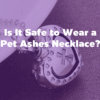The Unspoken Fear
Have you ever truly considered the day your beloved pet will leave you?
Our pets are family, yet their lives are heartbreakingly brief. When they’re curled up beside us, nobody wants to think about the inevitable. Nobody wants to speak the word. Nobody wants to talk about pet death.
We’ve shared articles before, like “How to Say Goodbye to Your Furry Best Friend” and “Why Pet Goodbyes Are So Hard.” We’ve seen the silent fear and the avoidance.
But death, at the end of the day, is a natural destination. This article is about ripping off that emotional band-aid and confronting the “death talk” that truly isn’t as scary as we make it out to be.
Why the Silence? The Fear of Speaking the Word?
Every pet owner avoids the D-word. We use countless euphemisms: “passed away,” “crossed the rainbow bridge,” or “gone to their little star.”
When they’re young, we don’t think about it. When they’re sick or old, we refuse to think about it. The word “dead” feels like a curse, a speed dial to the end. It’s almost like if we don’t say it, they can stay with us forever.
Why are we so terrified to acknowledge this inevitable part of life?
1. The Ancient Cultural Taboo
While the feudal structures that once dictated how to talk about death are gone, the underlying cultural taboo remains. Death is weighty; it requires gravity, carefulness, and often silence. We inherited the notion that it’s simply easier to avoid the subject.
2. The Fear of the Unknown and Losing a Partner
Death is a doorway we cannot see through. This mystery fuels a profound fear of the unknown.
Pet parents often say, “They’re just getting old,” rarely allowing themselves to think, “Their life might be ending.” This isn’t just about fearing the loss of life; it’s about fearing the loss of a core, intimate companion. We dread the unknown life without that daily presence and unconditional love. We avoid the hypothesis to avoid the grief.
3. The Social Rule: Don’t Touch the Pain
Friends and family often shy away, too. In Western culture, talking about someone else’s misfortune is often deemed socially awkward or inappropriate.
Mentioning a lost pet involves emotional judgment—even positive reflections can feel like a “second stab” of pain to the owner. People fear saying the wrong thing, so the default is often: “If you can’t comfort, don’t confront.”
Why We Must Talk About Pet Death?
Ignoring, avoiding, and silencing the topic doesn’t make it disappear. It only makes the eventual confrontation harder.
Avoiding the discussion allows grief to bring on the “3 P’s” of trauma:
Personalization: Believing the pet’s death was entirely your fault or due to your own neglect.
Pervasiveness: Feeling that the misfortune taints every other aspect of your life.
Permanence: Believing you will never overcome this grief.
Avoiding the talk is the biggest obstacle to healing.
We learned about life cycles as children—the tadpole becoming a frog, the caterpillar becoming a butterfly. We learned about separation then, too. Death is simply the natural conclusion to the beautiful journey of life. If we could understand it then, we can face it now.
《LOVEDANEW Insight》: Turning Grief into a Tangible Legacy
Instead of living in fear, our goal is to turn loss into a proactive, positive expression of love. This is where Lovedanew steps in—to help you transform the untouchable fear of death into a touchable, ever-present memory.
Here is how you can move forward:
1. Shift Your Mindset: You Did Enough.
Acknowledge that you are human, you are not perfect, and you did your very best. Challenge the Personalization. Accepting that you are not all-powerful and stopping the self-blame is the first step to breaking down the wall of grief.
2. Embrace Your Emotions: It’s Okay to Not Be Okay.
Your sadness, anxiety, and even anger are normal—they don’t make you weak. Give yourself weeks, months, or as long as you need to adjust. Consciously practice non-judgmental awareness of your feelings. Accept the negative emotions; they won’t last forever. This prevents the issue of Permanence.
3. Break the Silence: Open Up to Your Circle.
Don’t be afraid to lean on friends and family. Instead of just saying “I’m not doing well,” try sharing your true feelings: “My dog helped me raise my kids; now that he’s gone, I feel a piece of my foundation is missing.”
Loved ones can pull you out of the Pervasiveness trap, reminding you that your grief doesn’t swallow your whole life. They offer crucial support for repairing the broken parts.
The End of Goodbye is an Eternal Embrace
Talking about death doesn’t have to be exclusively painful.
Just like the sentiment in Coco: loved ones never truly leave until they are forgotten. They are the wind, the stars—they are always with us.
Lovedanew’s mission is to give you a way to keep that presence physical and accessible:
A Sanctuary for Memory: Your pet left fur or a small amount of ashes. You shouldn’t hide that remembrance away. Our [Custom Lotus Cremation Pendant] or [Engravable Paw Print Keychain] is designed to hold that memory safely and beautifully.
An Everyday Companion: We believe mourning should be active. By wearing your memorial piece, you ensure that every day, you have a tangible connection—a piece of them resting against your skin, a secret reminder of the love you shared.
You can take control of your grief. By choosing to wear your memorial, you embrace death not as an ending, but as the beginning of an eternal, gentle companionship.

Your Final Question
Life has its length and its end. While we can never control that span, we can control how we cherish every single moment and how we choose to remember.
If the goodbye has arrived, or when it eventually does,
How will you choose to transform your love and your memories into an enduring, touchable piece of forever?
👉 [Click Here to Customize Your Lovedanew Keepsake and Start Healing]










Add comment